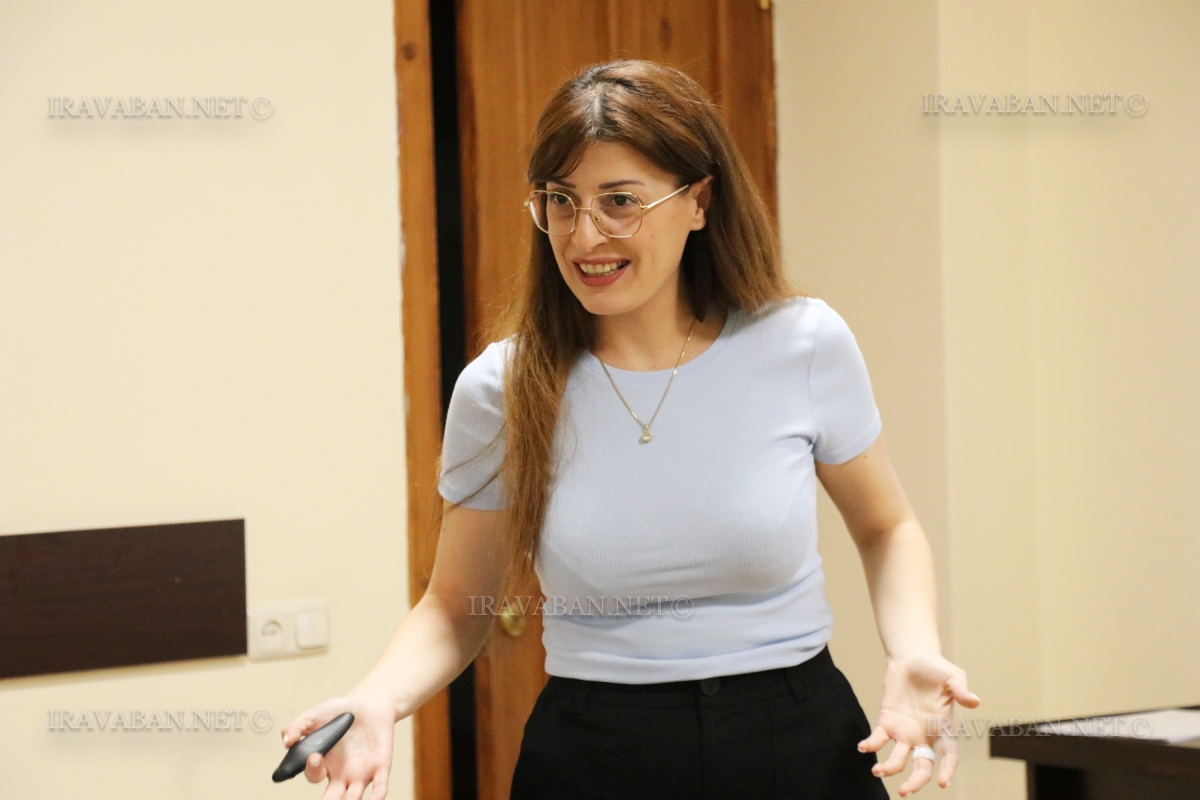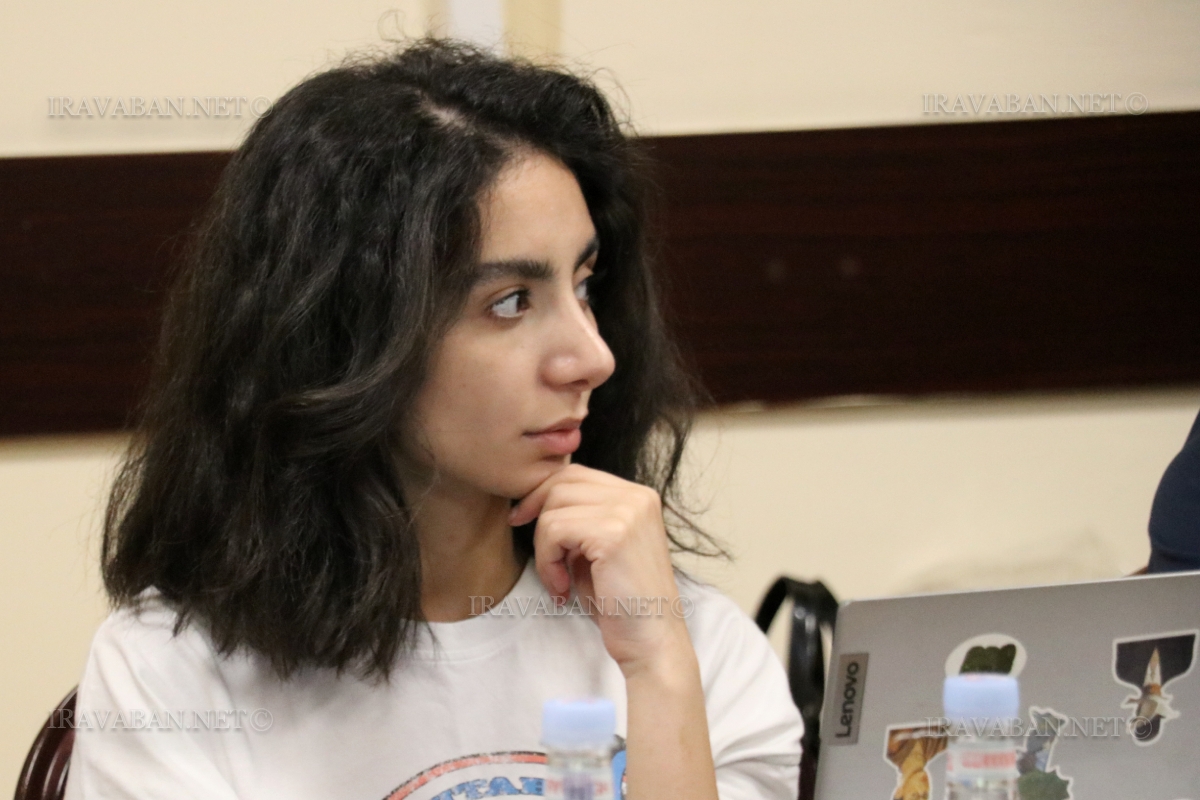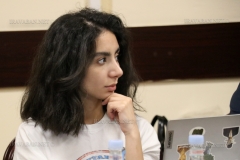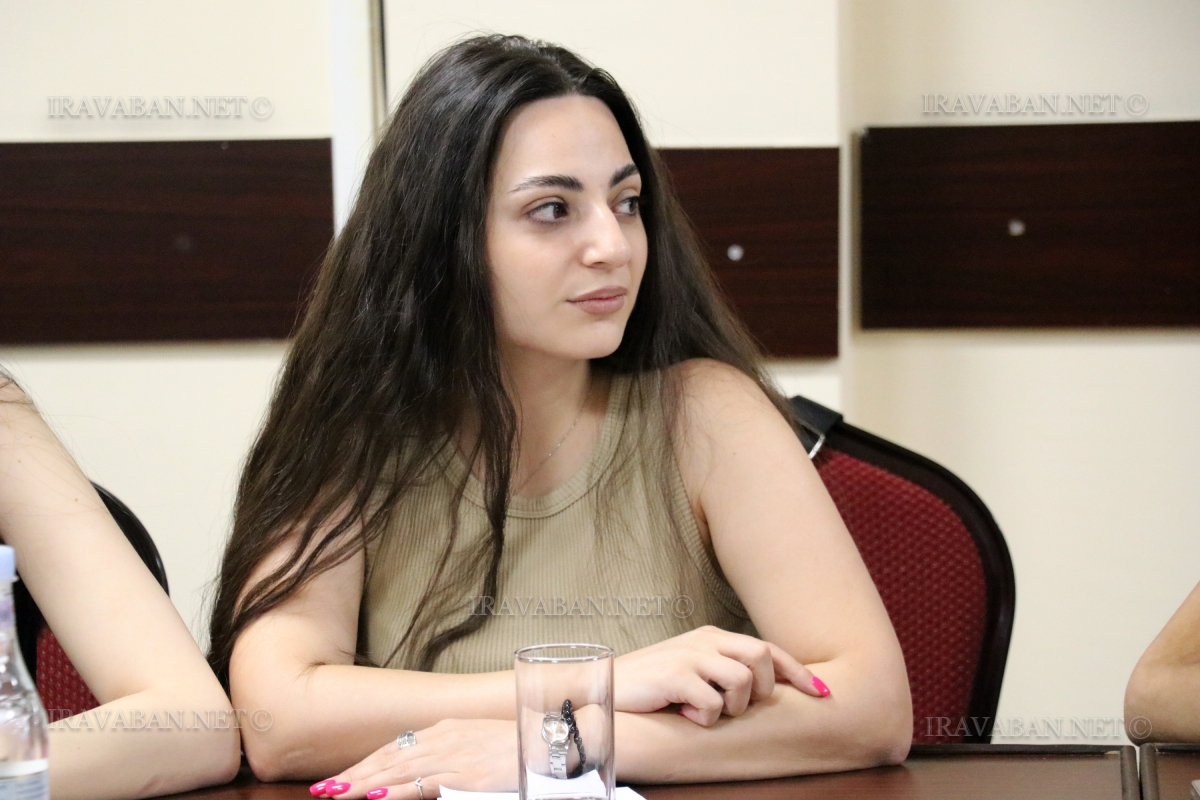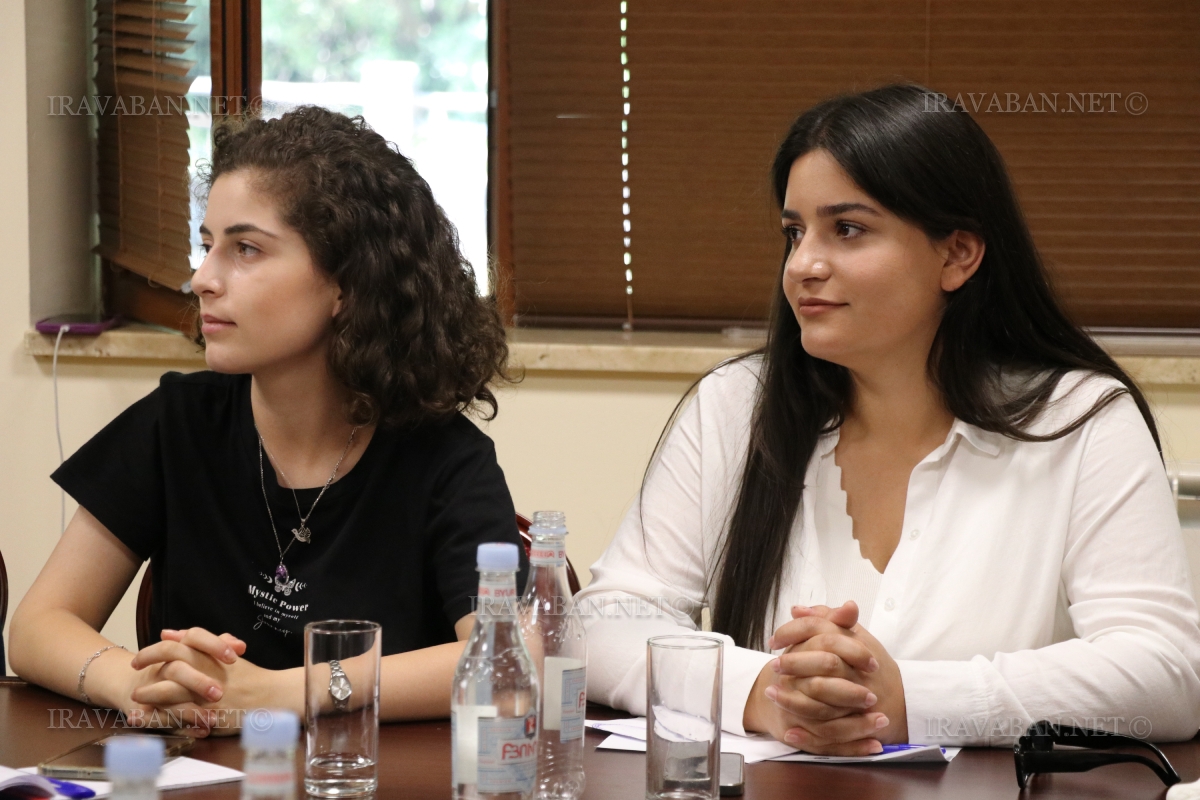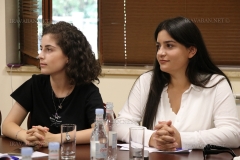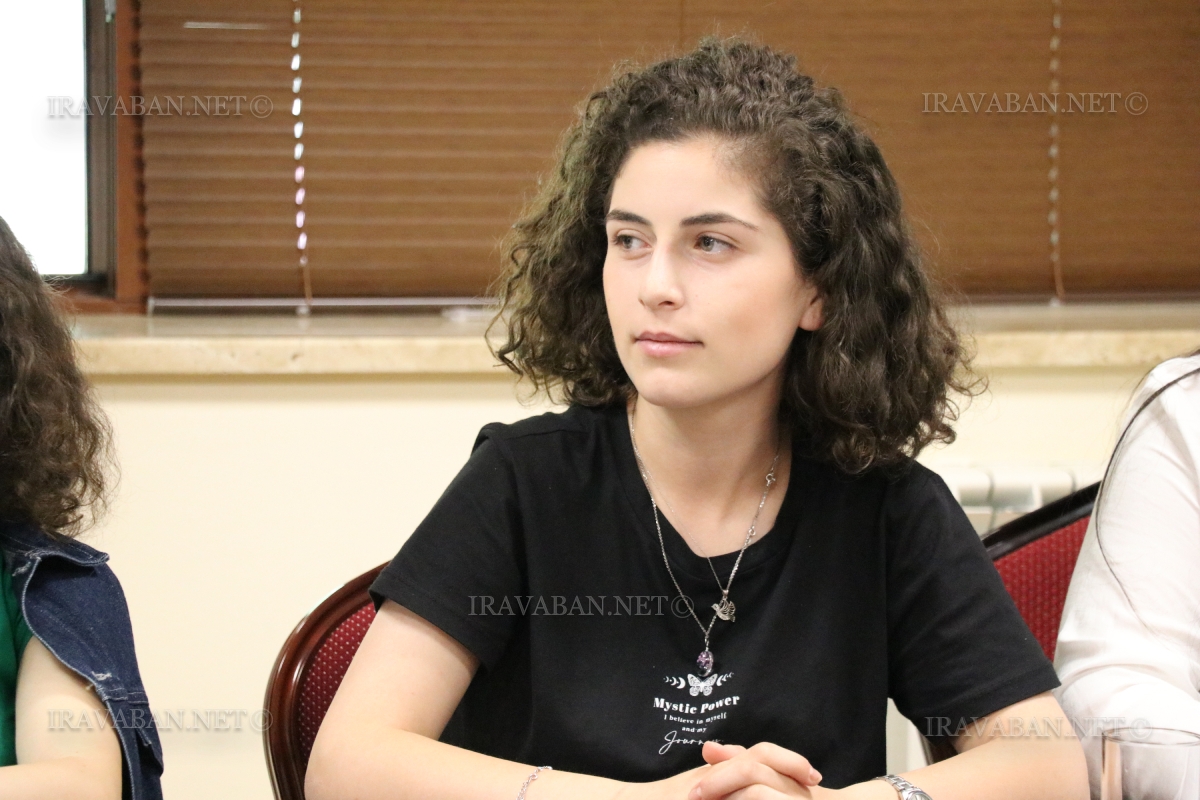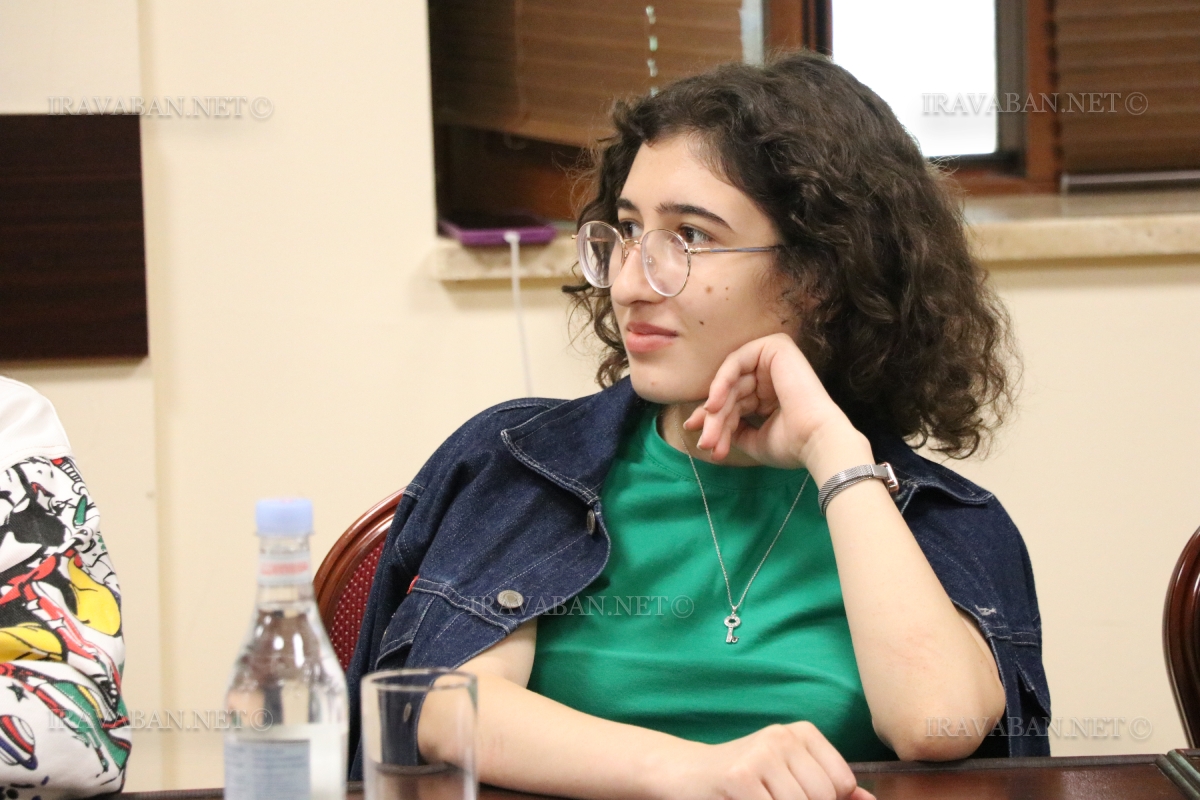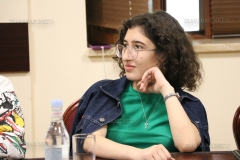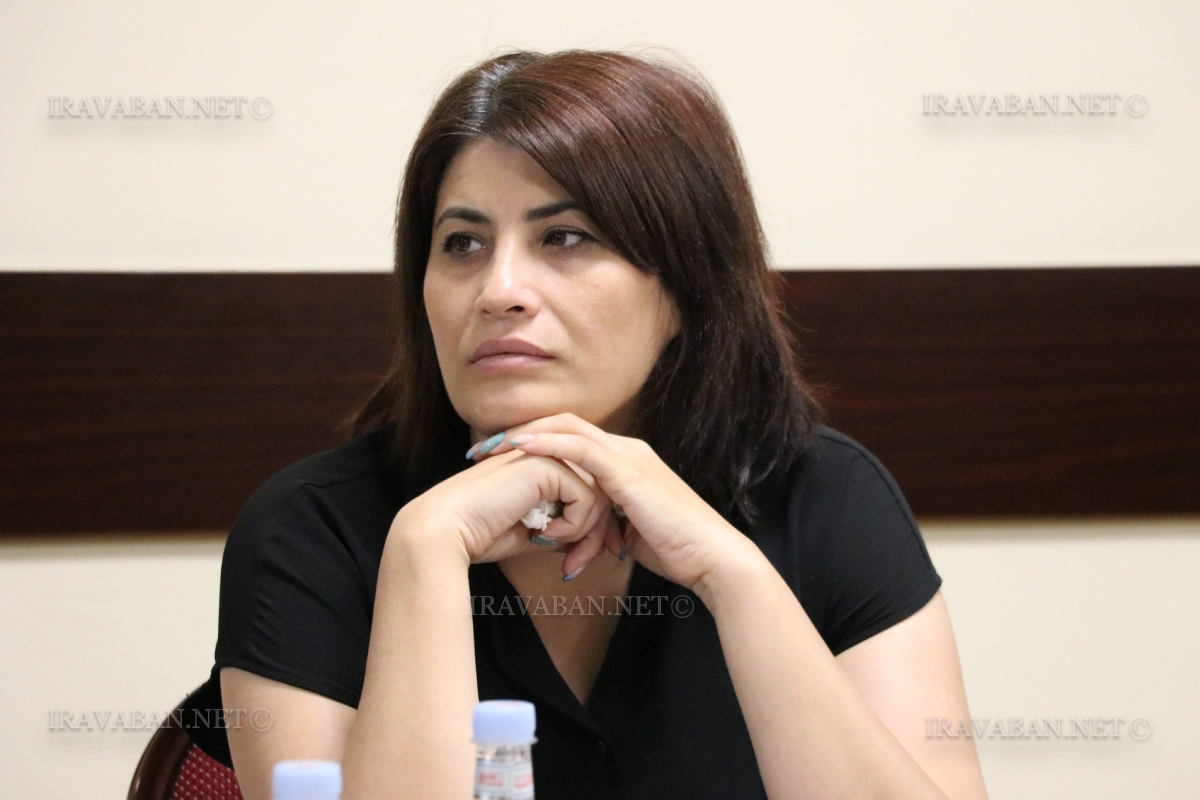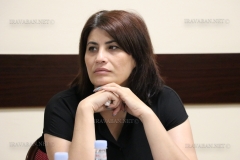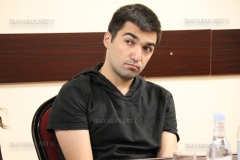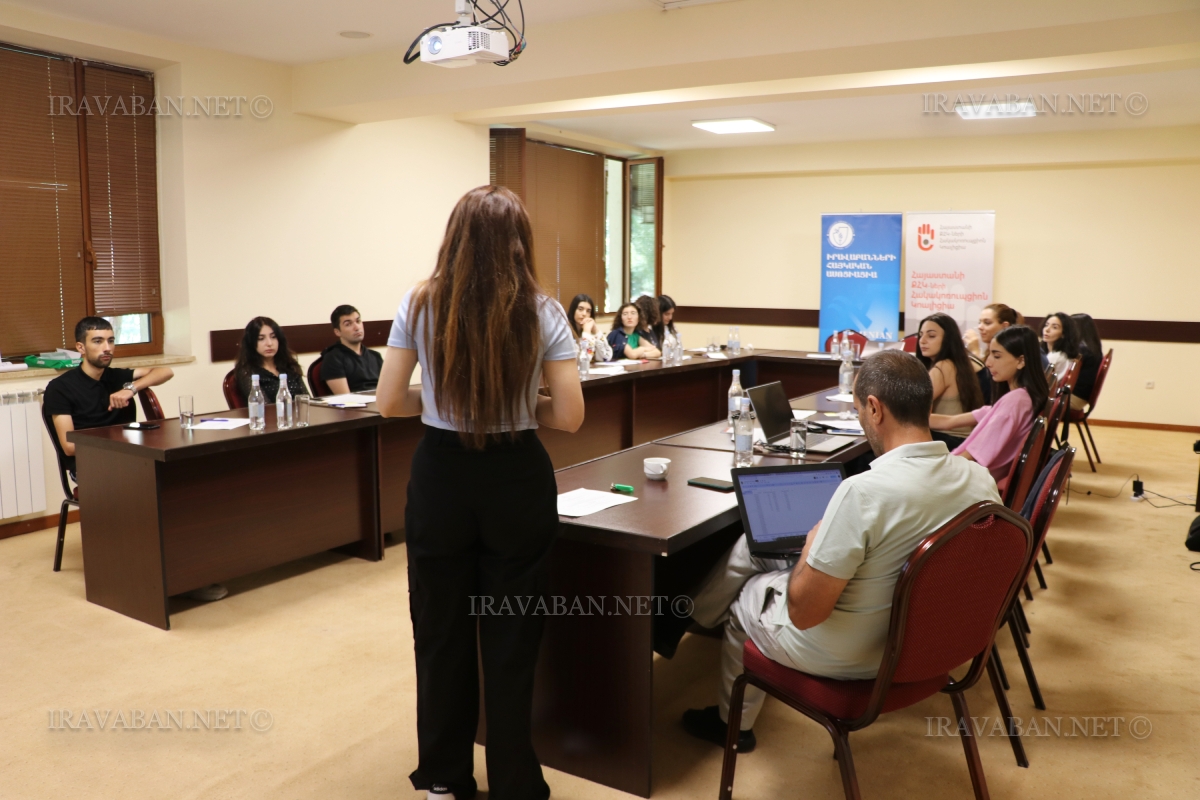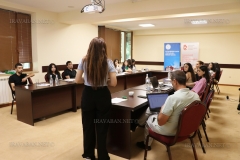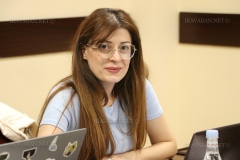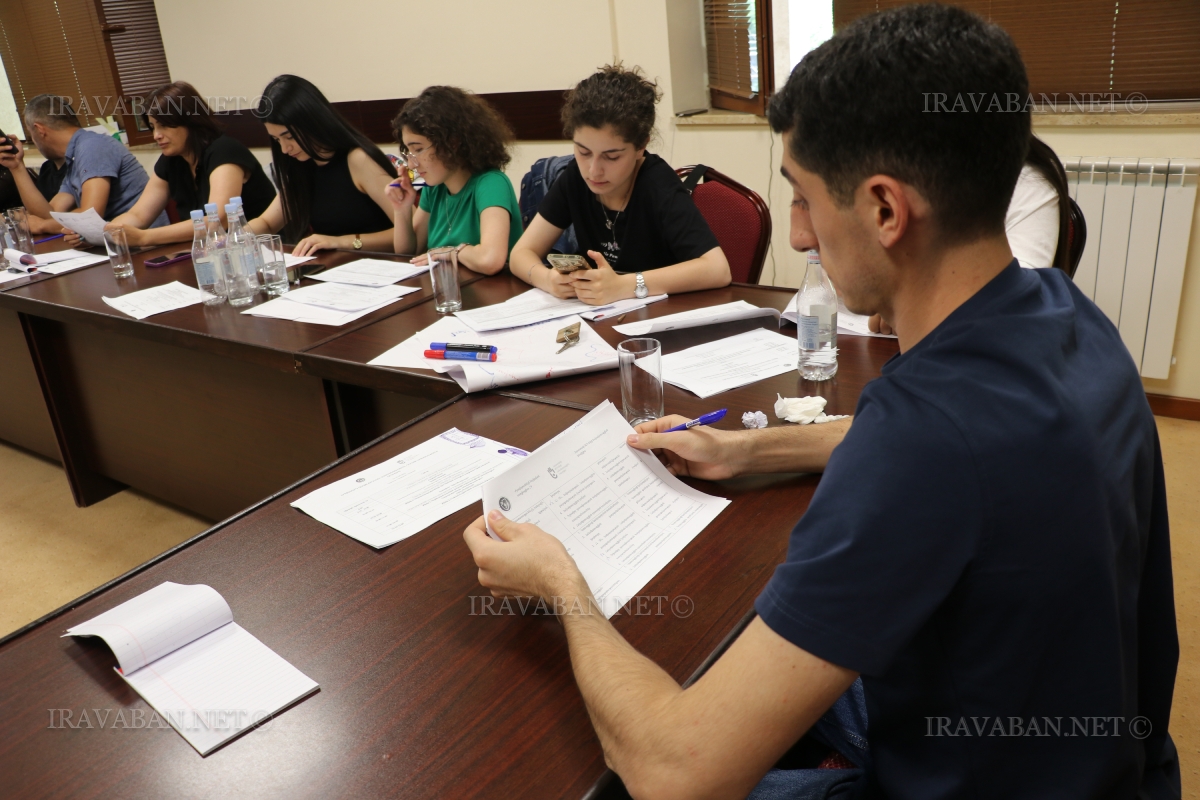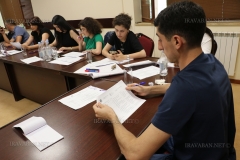Integrity in the Public and Private Sectors: Day 2 of the Outreach Training Phase of the 9th Stream of the Anti-Corruption School for Young Leaders
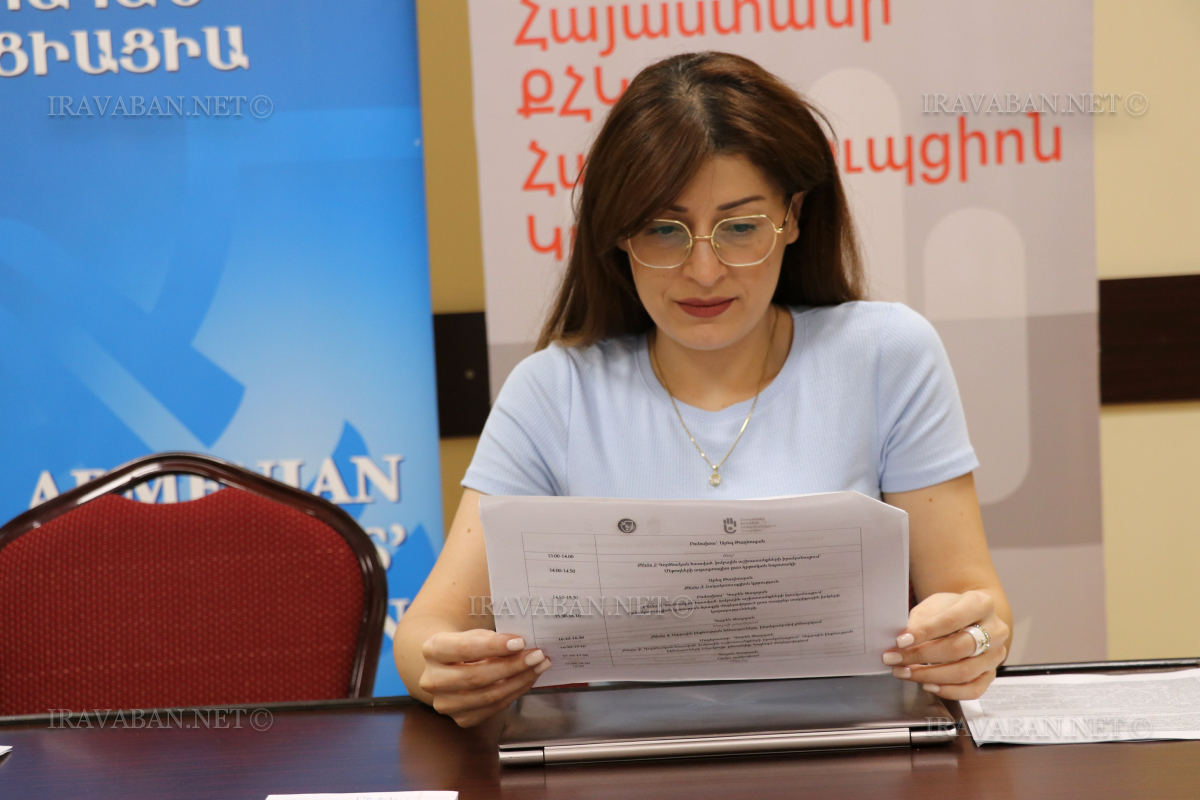
On 14 August, the Outreach Training Phase of the Anti-Corruption School for Young Leaders, the 1st anti-corruption professional educational initiative operating in the Republic of Armenia continued its 2nd day’s work.
Anti-Corruption Expert Syuzanna Soghomonyan familiarized the students with regulations regarding integrity in both public and private sectors.
The speaker mentioned that according to international standards, integrity is the set of the following 4 principles: transparency and accountability, professionalism (competence), ethics, and ultimately the outcome of all these anti-corruption behavior. She spoke about conflict of interest, prohibited and permitted gifts for public servants and office holders.
“The latter are obliged to record the permissible gifts received by them in the gifts register. Allowable gifts with a value not exceeding AMD 40,000 are not subject to registration, with the exception of cases of periodic receipt of gifts from the same source within six months, 5 or more cases according to the law. Ceremonial gifts given publicly by foreign states, international organizations or other persons are not subject to registration,” Syuzanna Soghomyan said.
Allowable gifts for judges vary by regulation. Their value cannot exceed 60 thousand drams.
In the context of the integrity check, it is important to study the declarations. The declarant submits all information regarding his property, income, interests and expenses to the Corruption Prevention Commission.
According to the Anti-Corruption Expert, the family members of the official and the persons related to him are also considered to be declarants.
“The declaration also includes the property actually owned by the declarant, as well as the property that is owned by a third party, but was acquired on behalf of, for the benefit of, or at the expense of the declarant, or the declarant actually benefits from that property, or the declarant manages that property.” – Syuzanna Soghomonyan said.
Both Commissions on Ethics of Public Servants and Integrity Officers are considered to be responsible for integrity matters.
The implementation of anti-corruption tools in the private sector is important for business if the latter want to reduce the company’s risks to liability, as well as promote the improvement of the business environment and free economic competition. The introduction of such program will help the business to reduce the risk of damage to the business reputation,” Syuzanna Soghomyan said, talking about the introduction of anti-corruption compliance programs, considering it also in regard of the institute of bringing legal entities to criminal responsibility.
Further the expert suggested the listeners to fill out a questionnaire, through which the knowledge they gained about the functions and activities of the bodies that play an important role in the fight against corruption was checked.
The Anti-Corruption School for Young Leaders was founded by Karen Zadoyan, the President of the Armenian Lawyers’ Association, a member of the Anti-Corruption Policy Council. “The Armenian Lawyers’ Association” NGO is organizing the Anti-Corruption School for Young Leaders in cooperation with the CSO Anti-Corruption Coalition of Armenia.
The information partner of the Anti-Corruption School for Young Leaders is Iravaban.net, independent professional news website.

